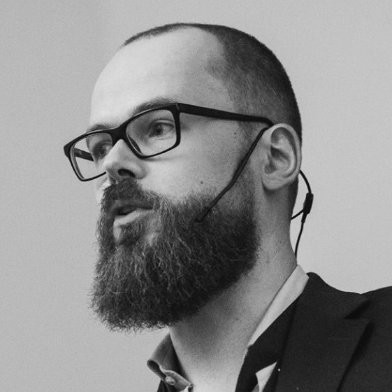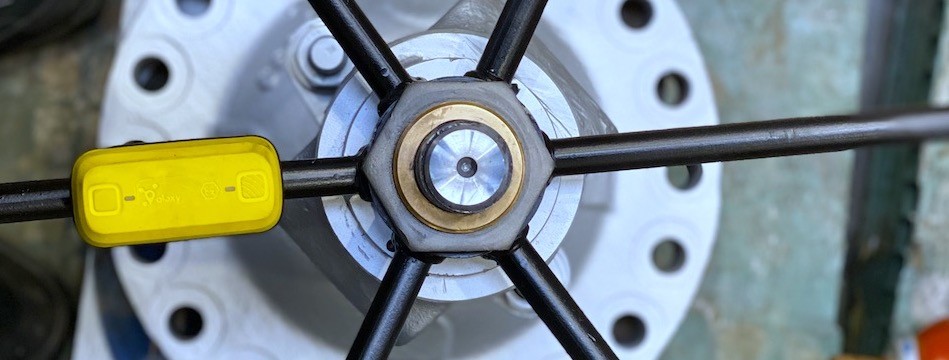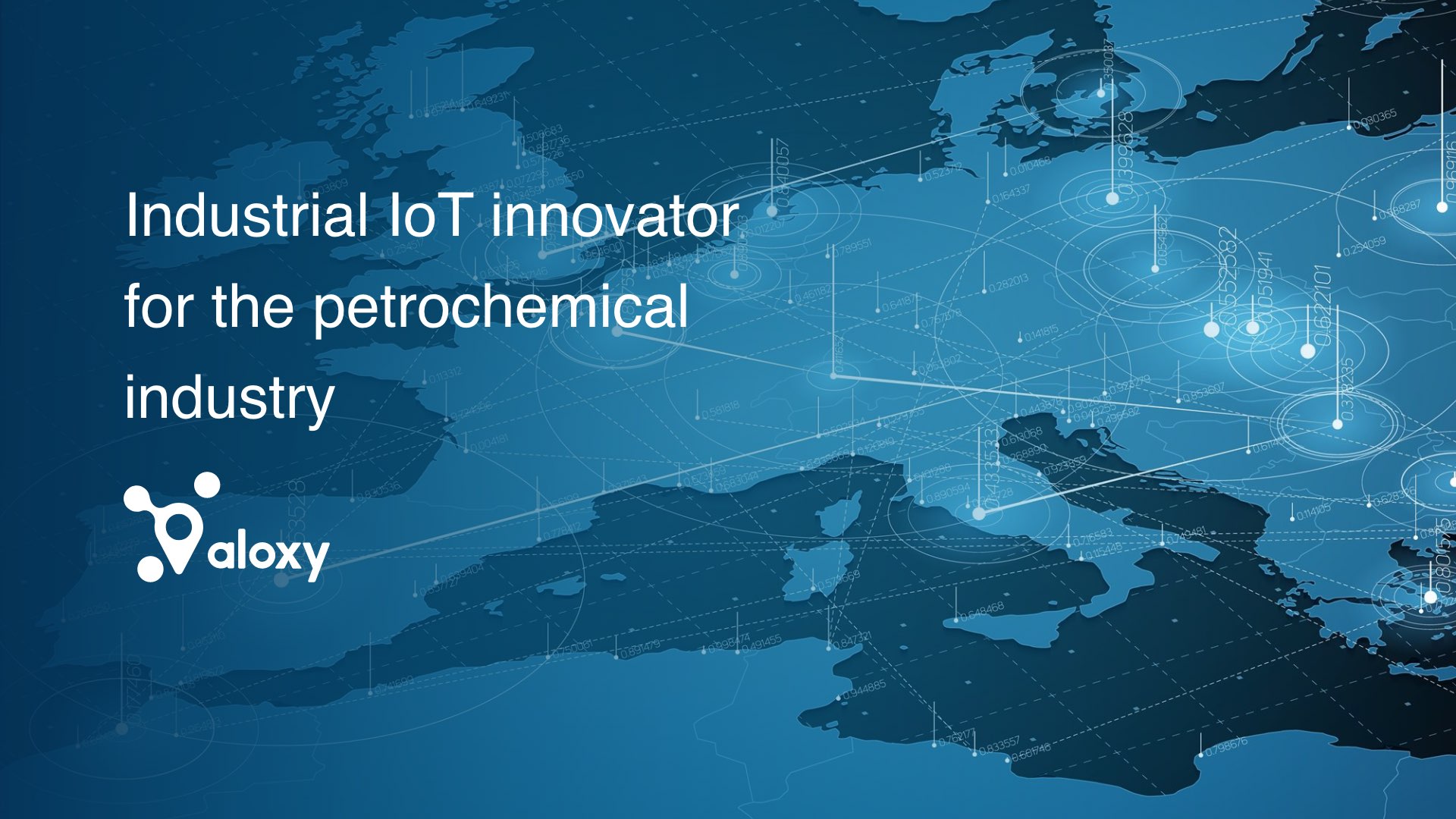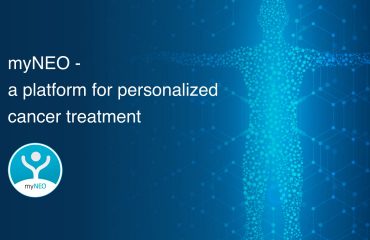How does the Internet of Things drive a revolution in the petrochemical industry?
“If you think that the Internet has changed your life, think again. The IoT is about to change it all over again!”
Brendan O’Brien
Today, the Internet of Things is used in virtually every industry, from healthcare to utilities, to improve efficiency and save money. The petrochemical industry, despite its conservatism, is no exception.
According to experts, by 2024, the chemical industry’s IoT market will reach $78 billion. The growing demand for the Internet of Things in the petrochemical industry, in particular, is driven by universal digitalization, robotization, and automation – the introduction of robots, intelligent solutions, and increased regulatory compliance.
It is worth noting that digital transformation, as the driving force of the Internet of Things in the petrochemical industry, is also linked to growing concerns about risks, concerns about environmental pollution, and increased attention to the circular economy. All these factors are an integral part of the system, which stimulates the demand for implementing the Internet of Things in the petrochemical industry.
What is the Internet of Things or IoT in the petrochemical industry? In simple terms, it is a network of physical objects connected to the Internet; wearable devices, cars, equipment, buildings, and more can be embedded with electronics, software, sensors, and network connectivity. Collecting, transferring, and analyzing data without human intervention allows information to be exchanged with other devices or through a central platform in a previously unprecedented way.
As a result, the Internet of Things is driving a revolution in the petrochemical industry – reducing risks and impact on the environment, increasing efficiency, making the industry safer and more economical for everyone involved.

To understand this topic in more detail, we talked with the co-founder of the startup Aloxy – Maarten Weyn, who told us about why the Internet of Things is in demand in the petrochemical industry, how to launch a startup in this field, and why investors and clients trust spin-off companies more. All this and, of course, much more, including aspects of startup development, further in our new article!
About Aloxy
“Aloxy offers reliable industrial Internet of Things solutions tailored to the needs of the chemical, oil and gas, and other process industries,” said the company’s website.

After reviewing the information on the website, we asked Maarten to share the background of their startup, why they chose the petrochemical industry, and their primary purpose in the scope of their direction.
“Aloxy is the spin-off company of the University of Antwerp and Imec,” started our interviewee. “I am a part-time professor in the University of Antwerp, the Co-founder, and a part-time chief researcher in Aloxy. By the way, it is the 4th spin-off company that I have founded,” stated Maarten.
He moved on to the question of choosing an industry and shared with us the following thoughts: “A nice thing about the petrochemical industry is that it’s a very conservative industry and makes it a nice challenge to work with big companies like BASF, which are our customers.”
Maarten came to the main point: “Besides trying to sell our product to petrochemical companies, together we are trying to help these huge enterprises to innovate in the area of IoT.” He stated: “We have a great advantage because we are a university’s spin-off company. So our clients value our knowledge – when you know the state of the art of what you are doing in the Wireless field, and they know that from technology-wise our product is the best solution.”
Of course, experience matters. For example, Sam Walton worked as a retail store manager before starting Wal-Mart. Business experts argue that companies founded by entrepreneurs with experience in the same industry perform better than others. These companies are more likely to survive, scale quickly, and generate profits.
“Besides trying to sell our product to petrochemical companies, together we are trying to help these huge enterprises to innovate in the area of IoT.”
Maarten Weyn
Aloxy’s full-stack solution for petrochemical enterprises
Having defined the main line of business, we, of course, asked Maarten what they offer to customers.
“We offer a full-stack solution for petrochemical companies. Our core product is a sensor for manual valve position indication. We’ve built not only the sensor itself but also developed software and an app for it,” said the Co-founder of Aloxy.
After doing a little research through Aloxy’s socials, we found out the following: “The position of many manual valves is unknown and can only be identified by walking the line and visually recording the position. Having the valve position status up to date available in real-time increases safety and efficiency.”
It’s time for innovations
Having found out the obvious advantage of Aloxy’s technology for petrochemical enterprises, we nevertheless asked Maarten why now is the perfect time to launch and develop their startup and activities in general.
Our interviewee gave us a short but comprehensive answer: “Today’s technology is a chance to innovate the petrochemical industry, bring it to another level and increase safety and efficiency.”
The petrochemical industry is conservative and lags behind other sectors in the race to digital adoption. However, innovation is pushing this transition more than ever. Large enterprises realize the need to focus on digital transformation. And technologies such as big data and the Internet of Things are paramount to transforming businesses.
“Today’s technology is a chance to innovate the petrochemical industry, bring it to another level, and increase safety and efficiency.”
Maarten Weyn
Founders team and the funding aspect
After discussing the main activities and background of the startup Aloxy, we moved on to one of the most significant aspects of the development of a startup – financing. Let’s find out how Aloxy handled the search for investors and get Maarten’s opinion. But first, we asked our interviewee about the team of co-founders.
“I’ve spent a year finding the right people for a founding team, who are a mix of experts from the business field, petrochemical industry itself, and tech specialists,” stated our interviewee and emphasized the expertise and experience of his colleagues.
He moved to the main point: “As for the financial side of the issue, we started with 70k from the founding team. One year later, we closed our first round with 2 million. And not so long ago, we got another 1.2 million from investors,” proudly stated the Co-founder of Aloxy.
He also shared with us his perspective on their history of finding investors based on experience and the specifics of the petrochemical industry: “I’ve already had some experience in launching a startup when we tried to cope with everything ourselves, I mean with our own money. But in the petrochemical industry, it is different and has a lot of specifications. We knew we needed money because it takes at least two years from an idea to a ready-made certified product.”
Of course, without an innovative product and an appropriate business model, your startup cannot be called promising. However, you will also need a constant flow of funds to implement the idea, especially in the early stages. Funding and investment are critical to improving your technology, hiring top-notch talent for your team, and implementing your marketing strategy. Finding the right investors is not always easy, but they will allow your startup to gain a foothold in the market.
The benefits of being a spin-off company and accelerator’s alumni
If you are familiar with our blog, you have probably already read our reviews of European accelerators and know what benefits their graduates receive. It was a surprise for us – startup Aloxy participated in the Imec.istart acceleration program. We, of course, asked Maarten what advantages in attracting investors received a startup after participating in the program?
“One of the benefits of being a spin-off company of the University of Antwerp and Imec.istart acceleration program – you are already on the radar of investors from the moment they know you are doing something valuable,” stated our interviewee.
At the end of the discussion, Maarten once again highlighted how participation in the program helped their company at the start and the importance of the network of investors, which they received as graduates of Imec.istart and as a spin-off company of the University of Antwerp. He said: “We were lucky to have a great team and investors who contacted several potential customers to explain our intentions, even before our technology and product were ready. So we started a company knowing that we have a lot of interest from potential investors and customers.”
“One of the benefits of being a spin-off company of the University of Antwerp and Imec.istart acceleration program – you are already on the radar of investors from the moment they know you are doing something valuable.”
Maarten Weyn
The Aloxy’s “right” team and approach to customers
According to business experts, one of the top three reasons startups fail is hiring the wrong people. As a result, having the “right” team by your side is just as important as having sufficient funds to run your business. In other words, money is the fuel, and the team is the engine that moves your business.
What can Maarten tell us about the Aloxy startup team and their approach to clients? “Our current team is great, and the best about them is that they all know the, let’s say, startup mentality while still maintaining the product quality,” proudly stated our interviewee. He added the following: “Eight of the developers are former students of mine, so we have a great atmosphere, and I trust them 100%.”
The Co-founder of Aloxy also shared with us several secrets of working with clients and showed how important it is for the team and co-founders to be focused on bringing value and working for results. He highlighted the following: “If we talk about our strategy of interaction with clients, then it is worth noting that, as I said before, the petrochemical industry is very conservative and difficult to innovate. However, our customers appreciate our response; we are ready to co-creation and always keep adapting to their needs.”
In the end, he added an important insight: “Our approach helps us to optimize our product, meet customer needs and improve sales.”
“Our current team is great, and the best about them is that they all know the, let’s say, startup mentality while still maintaining the product quality.”
Maarten Weyn
Current results and successes
The next aspect of business development that we decided to discuss with the Co-founder of the startup Aloxy is the current results and successes. We asked Maarten to share a few facts with us. We were also curious to know how the COVID-19 pandemic affected their business.
“Right now, we have a few big petrochemical companies who are interested in partnering with us,” our interviewee noted the growing demand for their product and the increase of potential client base.
He added the following: “As for the pandemic, the round of 1.2 million is a gap bridge towards 2.5 million next year. However, we have less turnover than we planned because of the COVID-19. Lots of our projects were postponed to next year.”
How many startups are successful? According to statistics, only one out of ten startups reaches the business Olympus. However, it is worth noting that the other nine ideas are also worthwhile – their failure is associated with an unclear goal and inattention to performance indicators. An approach based primarily on fundamental indicators such as profit or positive customer experience, growing demand for a product/service – creates the basis for future success.
Flexibility and readiness to adapt
During interviews, we often ask our interviewees to share stories about their first clients. Each story is unique in its way and shows the willingness of a startup to adapt to complex conditions and customer requirements. Let’s find out the story of the first client of the Aloxy startup. Spoiler alert, their story made us think about how important it is to always be flexible in relationship with customers and their needs.
“It was just two weeks after we launched the company,” started Maarten. “Our first customer was from Spain. So, we had to go to Spain and install everything there. It was an incredible experience and situation. Why? At Imec.istart they usually teach that startups always have to start with local customers but expand as soon as possible. We did exactly the opposite and succeeded. Even if it was challenging for us, we knew we had to use our chance.”
“Even if it was challenging for us, we knew we had to use our chance.”
Maarten Weyn
Unforeseen competitors
“Mistakes will not end your business. If you are agile and willing to listen to constructive criticism, you can excel by learning and evolving.”
Meridith Valiando Rojas
One of the subtle aspects of a startup’s development, but critical to ensuring its long-term success, is understanding the possible challenges on the way to success.
Therefore, the next question we asked the Co-founder of Aloxy was what their business should be wary of. He answered the following: “I would say, an unforeseen competitor who can take over all the companies is our biggest threat. We do not have so many big petrochemical companies, and as long as you are the single supplier, everything is great, but if you are not, it can be a great challenge.”
A secret key to startup’s success
At the end of our interview, we asked Maarten not a classic question about advice that he can give but decided to ask how he manages to balance a startup’s development in such a complex industry and family. His answer was short but comprehensive and clarified that family happiness is the key to business success.
“Always keep your wife happy,”
stated Maarten.
Balancing a new startup business with other essential responsibilities in your life is difficult but certainly possible. Achieving work-family balance is vital to your success and overall quality of life.
Unexplored potential of the petrochemical industry
“Like air and drinking water, being digital will be noticed only by its absence, not its presence.”
cite>Nicholas Negroponte
The petrochemical industry is undergoing revolutionary changes. These are no longer just small steps towards “digitalization for the sake of digitalization,” but a transition to solving practical problems and developing competitive advantages at the level of technological innovation.
As one of the main ingredients and drivers of the transition from a conservative industry to the most technologically advanced, the Internet of Things has opened up the unexplored potential for increasing efficiency and economy and improving the process of developing innovative products for petrochemical companies.
Enterprises in the industry are increasingly leaning towards adapting and adopting the Internet of Things and advanced software and devices that can optimize manufacturing operations and reduce downtime, significantly increasing the company’s capacity and productivity, thus increasing profits and reducing the burden on the environment.




